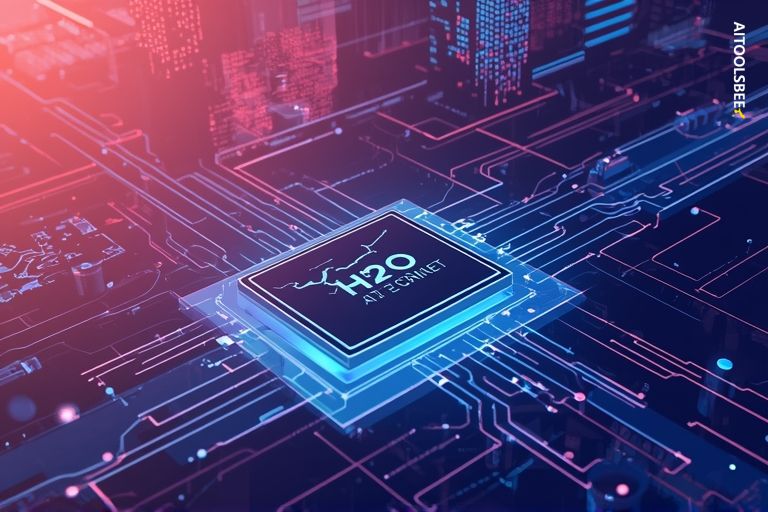
Trump’s Decision Gives China AI Advantage
In a recent move that could alter the global technological power balance, the U.S. administration under President Donald Trump has decided to lift the ban on exporting advanced H20 AI chips to China. This decision is viewed by many as providing China with the tools needed to advance in the artificial intelligence race, a sector crucial both economically and militarily in the 21st century.
Until recently, these Nvidia-produced chips were restricted from export under a policy aimed at maintaining the United States' competitive edge in technology crucial for national security and economic dominance. The H20 chips are highly advanced and play a significant role in AI development, as demonstrated by China's DeepSeek AI model, which relies on these chips.
The reversal of this policy is ostensibly narrowing the technological gap between the U.S. and China. Before the export ban, Chinese tech giants expressed concerns that such restrictions would significantly hinder their progress in AI. However, with the policy reversal, these companies now have renewed access to these critical technologies.
The significance of the H20 chips is substantial. Before the export ban, they were instrumental in powering significant advancements in AI within China. The CEO of DeepSeek, a leading Chinese AI firm, had stated that U.S. restrictions on chip shipments posed the greatest challenge to their operations, highlighting the critical nature of these chips in AI development.
This policy shift might be remembered as a crucial turning point in the U.S.-China tech race, with significant implications for both the global economy and the strategic military balance. The decision to end the export ban on H20 chips impacts China's technological capabilities and reflects a broader strategy of leveraging economic gains from chip sales against national security interests.

